Emotional literacy
To support our families, and to promote consistency for our children we have produced a series of activities that support emotional literacy. Please find the link to these below along with our policy for promoting positive behaviour, which reflects the use of emotion coaching within our nursery.
In the words of educator Jessica Stephens, ‘there is no such thing as a bad child – just angry, hurt, tired, scared, confused, impulsive ones expressing their feelings and needs the only way they know how’.
At KatieB Kids, our children’s emotional literacy is important to us, and we owe it to every single one of them to remember these wise words.
All too often in life, parents are firefighting. Busy jobs and too much to do at home can equal a ‘naughty’ child demanding attention that you can’t give and time which you just haven’t got.
We’ve all been there – the morning rush, time running away with us, and your little one just won’t put their shoes on! They’re not being deliberately awkward – but asking for a bit of your time and attention in the only way they know how.
Often, they are trying to tell you something – you just need to be able to recognise this, slow down and take the time to ask what it is that they need. Then, most importantly, listen to the answer. Just 10 minutes of attention really can save your day!
They like routine – to do things the same each time such as a bedtime routine and to know what’s happening next. Who’s picking them up from nursery, that mummy will be away tonight, or daddy can’t come to the presentation. They need to be told what to expect and if the plan changes, when and how.
So, what is emotional literacy and why is it so important to the development of happy, confident and communicative children?
What is emotional literacy?
In short, it is the term used to describe a child’s ability to identify, understand and respond to feelings. It involves having self-awareness and recognition of one’s own feelings and knowing how to manage them. This could be the ability to stay calm when angered or to reassure oneself when in doubt. Emotional literacy also includes empathy – being sensitive to the feelings of others and able to recognise and adapt to their feelings.
Why is it important?
Children who have a strong foundation in emotional literacy develop good communication skills. They tolerate frustration better, get into fewer fights and engage in less self-destructive behaviour than children who do not have a strong foundation. They are healthier, less lonely, less impulsive, more focused, and enjoy greater academic achievement. It is especially important that young children develop emotional literacy because they need to have recognition of their emotions in order to know how to behave, mature, make and keep friendships and ultimately be happy in life.
There are four key areas to emotional intelligence:
The ability to manage emotions
The ability to use emotions
The ability to perceive emotions
The ability to understand emotions
Emotional development underpins everything we do. Our children are taught how to be in tune with their feelings and understand why they are feeling a certain way.
They learn to label their feelings and emotions and find out that all are valid.
They are provided with experiences and support which helps them to develop a positive sense of themselves and respect for others. Our nursery educators ensure support for the children’s wellbeing to help them know themselves and what they can do.
In helping them to manage their feelings and behaviour, our nursery educators also ensure our children are able to consider the consequences of their words and actions for themselves and others.
We have clear rules so that our children understand the behaviour that is expected of them and they have ownership of the choices they make. If they make a poor choice, then an educator will spend time problem-solving with them, discussing the different choices they could have made.
By promoting positive attitudes and behaviour, our children make significant progress and are respectful of each other which leads to a happy and healthy environment which in turn, nurtures learning.

